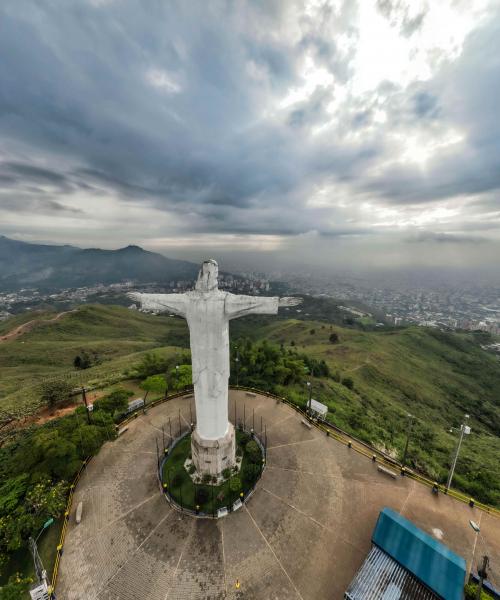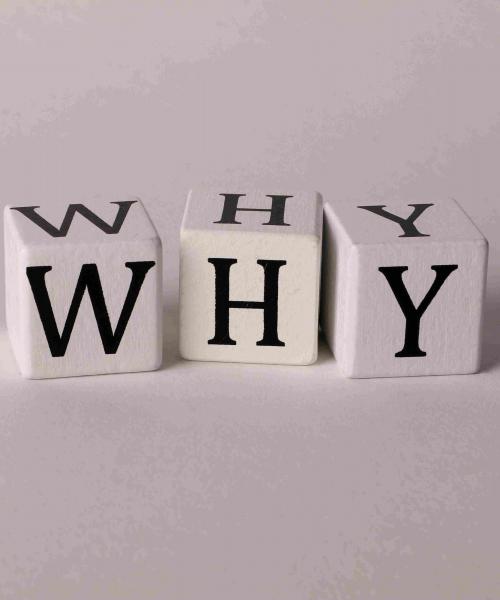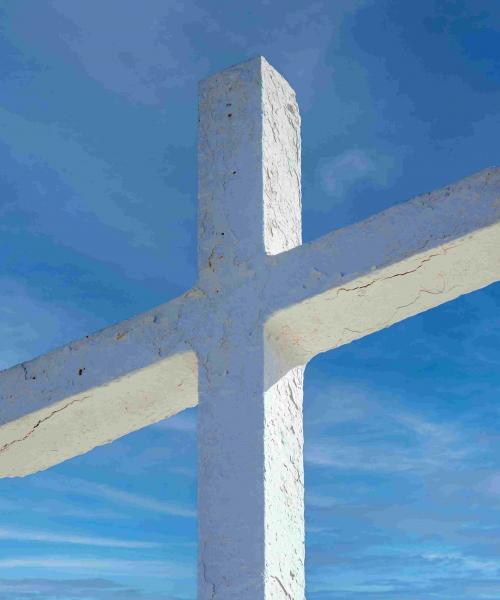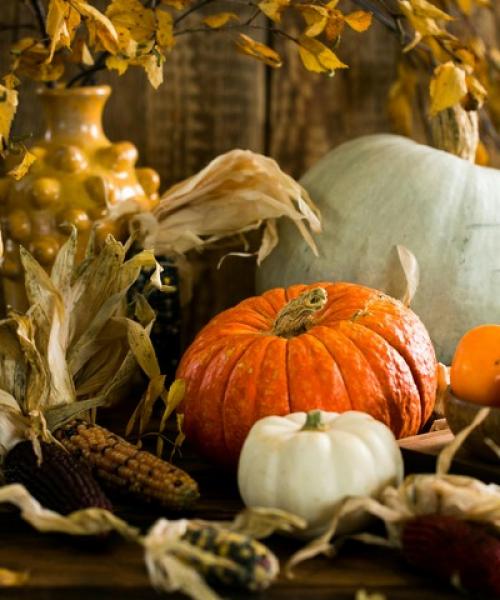
Not-quite-what-we-expected
Who doesn’t need a bit of divine strength right now? Who doesn’t want a little hope, a little joy, a little love, a little peace right now…? And just in time - as if in answer to a thousand thousand silent prayers we open the books on Advent - the season that carries us to the season we wait all year to celebrate; a season that (in spite of the consumerism that threatens to undermine it) brings lightness to those who bear heavy burdens - a season that tries, all by itself, to open our eyes to possibilities.
There are still problems - family squabbles often intensify; hard memories are set against unreasonable expectations of happiness; the gap between prosperity and poverty is revealed in all its ugliness - but the coloured lights twinkling in the very early darkness, and the hope of cards in the mail or fresh baking left by anonymous neighbours - all these things try to set a positive tone. Often enough, they succeed.
This year in Advent, it will seem strange that the hope and positivity will seem most often to come to us from the prophets of the Hebrew Scriptures - Jeremiah, Malachi, Zephaniah, Micah and Isaiah. The gospel lessons in this season’s lectionary cycle take a different approach.
Jeremiah would give the people of his time (and ours) some hope - joyful cities - a righteous branch with it root in David’s holy family line; this we can get behind. But who wants ‘signs in the sun, moon and the stars, and on earth, distress among the nations confused by the roaring of the sea and the waves…’
Come on Jesus - we know that this is a crucial time in Luke’s gospel - that there is arrest and death (and resurrection) on the horizon, but how does this prepare us for the jubilant notion of God in our midst - Emmanuel - kingdom of light and life and all of that.
Ok, blaming Jesus is not right - Jesus did not set the schedule of lessons for the church - but we ought to listen when Scripture offers us ‘Jesus speaking,’ and today, we are asked to consider what we are waiting for - and what part we might play in what lies ahead.
Advent is not just about waiting - though we treat these four weeks as a season of righteous impatience - Advent is about preparation. If we are truly longing to recognize the incarnation - to welcome the infant Jesus and point through his frail beauty to the magnificence of God-for-all, then how can we ‘be present?’ How do we acknowledge the reality of all that is wrong without dismissing the kernel of righteousness and truth that can be found in every human situation? How can we love the loveless and honour those who seen to be without honour? How can we free ourselves from the ‘…dissipation and drunkenness and worries of this life…’ that we might be ready (able) to encounter the gift of God which is always present - not just at Christmas, but every blessed day.
It is hard to see God in the signs we’ve been given lately: restrictions on public events - masks and protests about masks - fires and floods - suicides and overdoses. We might be forgiven for acting as though apocalypse is upon us. Certainly, the doomsday, fire and brimstone crowd are feeling justified.
But Jesus’ warning to be aware - to pray for strength - these apply to the wisdom of being present in these challenges, and living as though something glorious and heaven-sent is waiting for us.
To my point: while it is true that there has been an increase in the use of our food hamper program, there has also been an increase in the number of positive and thankful conversations we are able to have between volunteers and those who come for food. St John’s has always tried to be present with folks who are struggling - and those efforts, while they don’t solve the problem of food insecurity, do bring joy and hope to everyone involved.
How will you be present this Advent? Will you volunteer? Will you donate? Will you acknowledge the person you pass on the street who carries their worldly goods over their shoulder? The people whose lives are defined by benches and shelters and food programs - the folks whose appearance makes us anxious (because we don’t know who they are or what they want) are people. Their humanity has been compromised by circumstance, but God loves them even so.
And once you understand that, then being present - offering a word of greeting - speaking with them instead of speaking about them - any of these small, conscious acts of humanity can show you how close the kingdom really is.
The season of preparation begins today, but the work of being present for one another is constant work. Jesus knew this, and so calls us to be alert - not to the end of the world - not for the vindication of the faithful - but for the beginning of something glorious.
 St. John's
St. John's




